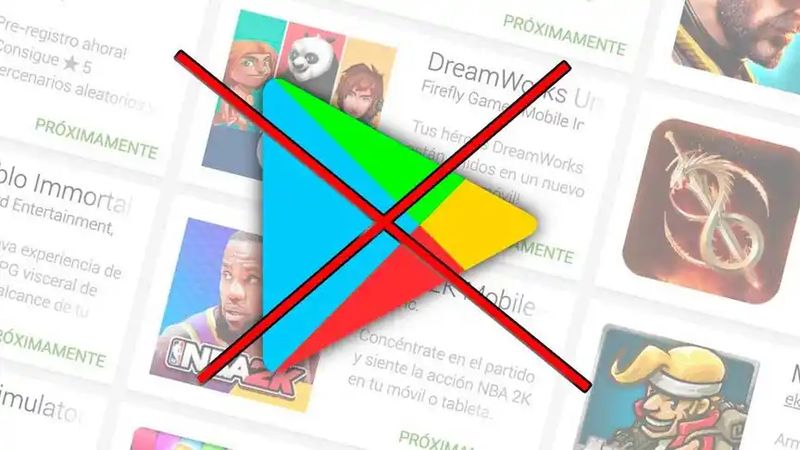36 US states sue Google over Play Store’s monopoly on Android app distribution.
When downloading applications on Android, most users in the USA make use of the Google Play Store. This store seeks to be the only one we use for these downloads on the phone and these practices are what have caused the firm to be sued by 36 American states.
The plaintiff states seek to prevent Google from imposing obstacles when you want to download an application. From prohibiting developers from preloading apps in other stores to prohibiting developers from having apps in the Play Store that facilitate the distribution of apps outside it or paying certain companies to stop collaborating with some developers.
Lawsuit over Google Play Store practices

This lawsuit spans 144 pages, which you can read here. The lawsuit points to internal Google figures that show that the market reach of alternative app stores to the Play Store is very limited. In fact, in the United States, the Play Store distributes more than 90% of Android apps. No store has more than a 5% market share.
If an Android app is not distributed on the Play Store, it loses access to the more than 130 million Android devices in the United States. In addition, they also criticize the fact that there are no markets for Android phones without the Play Store installed as standard.
They accuse Google of having a long-lasting monopoly on the market and influence over handset manufacturers. They also claim that Android is an open-source system in name only or on paper because it is the Google-certified system that is used on virtually all current Android phones (over 99% according to the latest figures). The commissions that are set to application developers in the store are another argument.
Google has responded to these accusations and the 36-state lawsuit. One of the aspects they comment on is that these states forget about the competition from the Apple App Store, which is where most of the revenue in mobile app stores comes from iOS. In addition, they mention that other stores establish commissions similar to those in the Play Store.
We will have to see if this lawsuit succeeds or not, but it is not the first time that Google is accused of having a monopoly position in Android, something that has happened previously in Europe, but the surprise is that it is now several American states that are initiating this lawsuit.





